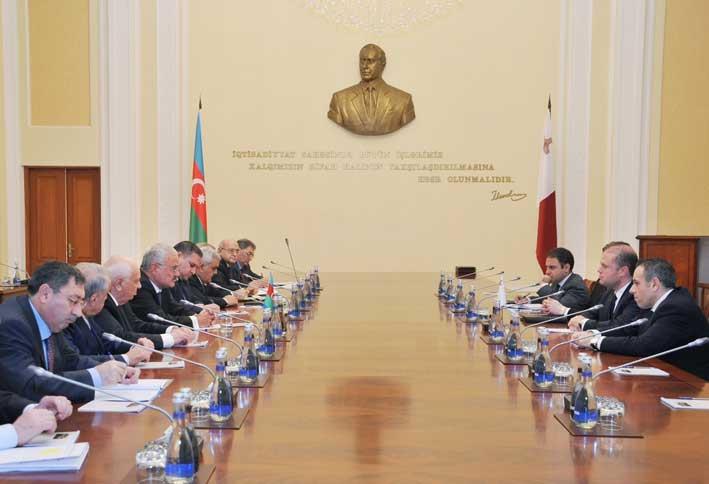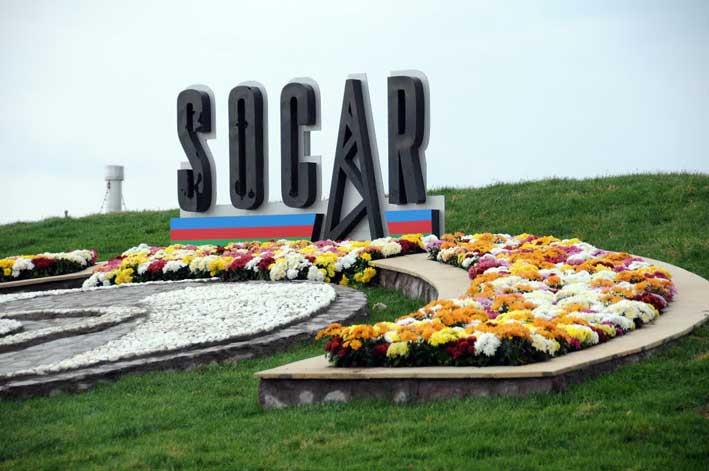At first glance, Energy Minister Konrad Mizzi’s explanation of what his “ministerial direction” entailed in hedging deals Enemalta entered into with Azerbaijani state-owned company SOCAR Trading appears to be reasonable.
The minister maintains that his involvement was limited to suggesting that Enemalta keep trying to get a better deal and eventually to suggest that it should consider SOCAR Trading, and not impose an agreement with the Azerbaijani oil trading company.
But what may have been a relatively minor controversy in other cases has perhaps become significant because of the specific company involved, in light of the Maltese government’s deepening ties with Azerbaijan and SOCAR Trading’s parent company’s involvement in the ElectroGas consortium, which is set to develop a new power station in Delimara.

That the present government is looking towards Azerbaijan as a strategic partner was made evident when Prime Minister Joseph Muscat and Dr Mizzi visited the country last December.
This visit had been unusual in many respects. The government had been secretive about the visit: News of it only leaked hours before the delegation left Malta.
No journalists were invited to accompany the delegation – in contrast with standard practice during such visits – and even more unusually, the delegation consisted of just four people: Dr Muscat, his chief of staff Keith Schembri, head of government communications Kurt Farrugia and Dr Mizzi.

The absence of any diplomats or civil servants – who retain their posts irrespective of who is in government – had raised suspicions on what actually went on during the visit.
The government’s own sparse report on the visit confirmed that Dr Mizzi signed two memoranda of understanding during the visit: one with his Azerbaijani counterpart on strategic cooperation in the field of energy, and the other with SOCAR, to plan and implement this cooperation.
But beyond a vague statement on possible areas of cooperation “with one of the greatest energy centres,” there is little indication of what the agreement is intended to lead to.

What adds to concern, of course, is that Azerbaijan is hardly a beacon of transparency and democracy, but rather the opposite.
It is routinely ranked as one of the world’s most corrupt countries, and President Ilham Aliyev – who succeeded his late father Heydar to the post as a handpicked successor – is widely believed to be enriching himself and his family through the country’s oil and gas wealth.
In 2010, for instance, the Washington Post revealed that real estate in Dubai worth some $75 million was owned by the president’s three children. The lion’s share of this real estate – nine waterfront mansions in the Palm Jumeirah land reclamation project worth $44 million – had been acquired by the president’s son Heydar, who was just 11 years old at the time.
While ostensibly democratic elections take place, these have been marred with allegations of irregularities and political oppression, and a cult of personality has emerged around the president’s late father.

So in the end, if the hedging deals had been reached with any other company – except, perhaps, those involved in the oil procurement scandal – it is unlikely that the issue would have proven to be as controversial.
But the involvement of SOCAR casts a long shadow. And the fact that documentation was found to be incomplete specifically when it came to the hedging agreements reached with its trading subsidiary will do little to allay suspicions, however reasonable the minister’s intervention may have been.